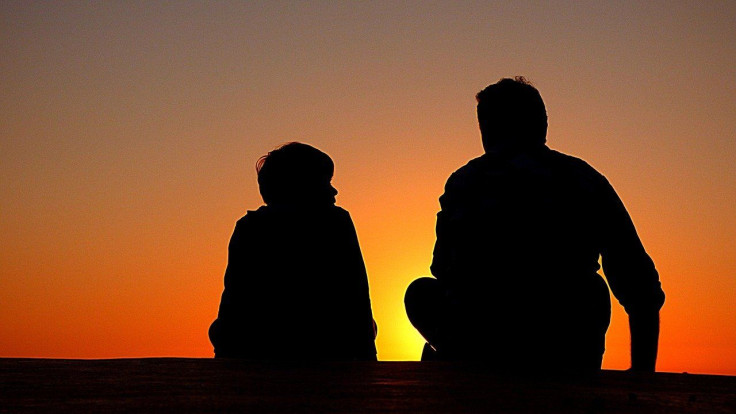How Childhood Maltreatment Affects Relationships In Adulthood: Study
KEY POINTS
- A history of childhood maltreatment can affect adult relationships later on
- Researchers followed over 2,000 participants for 9 years to look at the link
- They found two pathways that "fully mediate" this relationship
Maltreatment during childhood is linked to lower quality adult relationships, a nine-year study found. They also discovered the important "pathways" that lead to this association.
Those who have a history of maltreatment during childhood tend to be more distrustful, feel distant and have an insecure attachment style, the researchers of a new study, published in Child Abuse & Neglect, noted. Maltreatment has also been associated with mental health issues such as depression, alcohol dependence severity and anxiety.
"Four categories of childhood maltreatment are often distinguished: physical abuse, sexual abuse, psychological (or emotional) abuse, and neglect," the researchers wrote. "Childhood maltreatment can have a multitude of negative consequences."
Childhood maltreatment, the researchers said, may affect relationship quality, as intimate adult relationships that have a history of childhood maltreatment have also been found to be "less stable and of lower quality" compared to the general population.
Previous studies have already found that child abuse or neglect can ultimately lead to insecure attachment patterns, Science Alert reported. This is in comparison with secure adult attachment styles, in which individuals try to strike a balance between autonomy and closeness.
Near-Decade-Long Study
For the current study, the researchers aimed to investigate the extent to which childhood maltreatment is actually linked with "adult insecure attachment and intimate relationships," as well look at as the "pathways" that may be mediating this association.
To do this, the researchers followed 2,035 adults between the ages of 18 and 65 who were a part of the ongoing Netherlands Study of Depression and Anxiety (NESDA). They tracked the participants for almost a decade, during which the participants were assessed for depression and anxiety during the first, second, fourth and sixth years. They were also assessed for childhood maltreatment in the fourth year and for the quality of their relationships and attachment styles in the ninth year, Science Alert noted.
"Childhood maltreatment was associated with depression severity and anxiety severity, which is in line with numerous other studies," the researchers wrote. "Individuals who report more childhood maltreatment also manifest more insecure attachment patterns and their intimate relationships in adulthood are generally of lower quality."
Pathways From Childhood Maltreatment to Low-Quality Relationships
Looking at the factors to really see "how one leads to the other," the researchers found two "typical pathways" that link childhood maltreatment to these effects, with the strongest one linking childhood maltreatment to "increased depression severity, anxious attachment, and lower quality of intimate relationships."
"This pathway indicates that some individuals, who reported being maltreated during childhood, may develop low mood and other depressive symptoms, become more dependent and unconfident, which may be perceived as clingier and experience more distress in the relationship, which might subsequently affect the relationship quality," the researchers wrote.
"The second pathway links childhood maltreatment to depression severity and avoidant attachment, which is quite strongly associated with lower quality of intimate relationships, by partners tending to turn away from intimacy, be less trustworthy of their partners, and having difficulties relying on them or confide in them," they continued.
Simply put, the researchers found that those with a history of childhood maltreatment generally have lower quality relationships and that insecure attachment styles as well as depression severity "fully mediate" this relationship between childhood maltreatment and the resulting low-quality relationships.
According to the researchers, informing general practitioners, parents, teachers and even the general public may help "lead to better recognition and earlier detection" of how childhood maltreatment can affect people's relationships and mental well-being later on.
For instance, school systems can help provide a safe environment for children while clinicians may look at alternative treatments for a patient suffering from an emotional disorder and has a history of childhood maltreatment. Even in couples therapy, attachment styles may be discussed and tackled in order to potentially build "healthier and more stable intimate relationships."

© Copyright IBTimes 2025. All rights reserved.






















